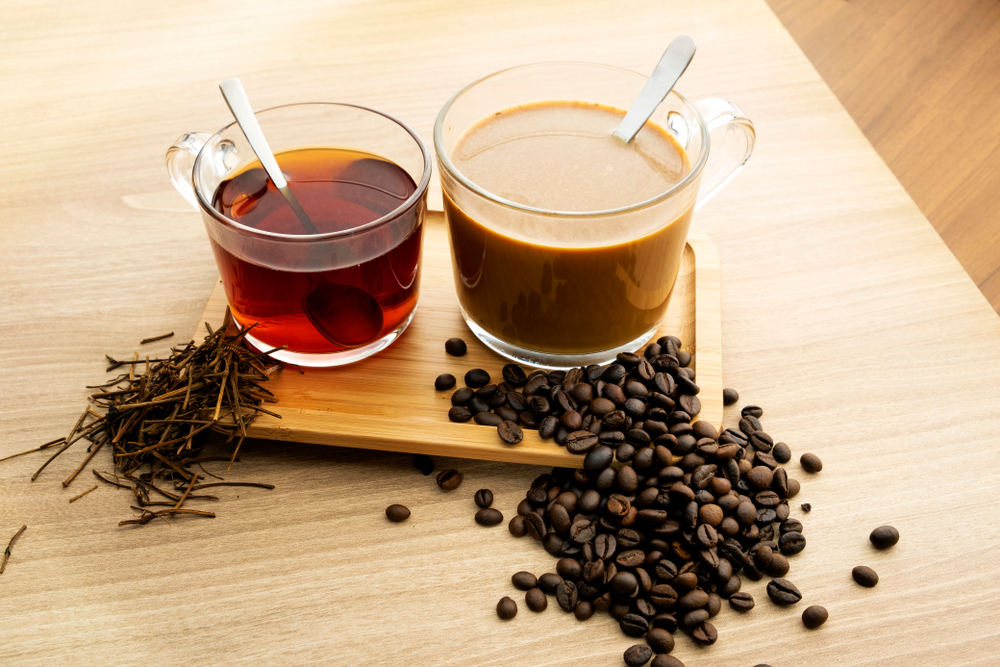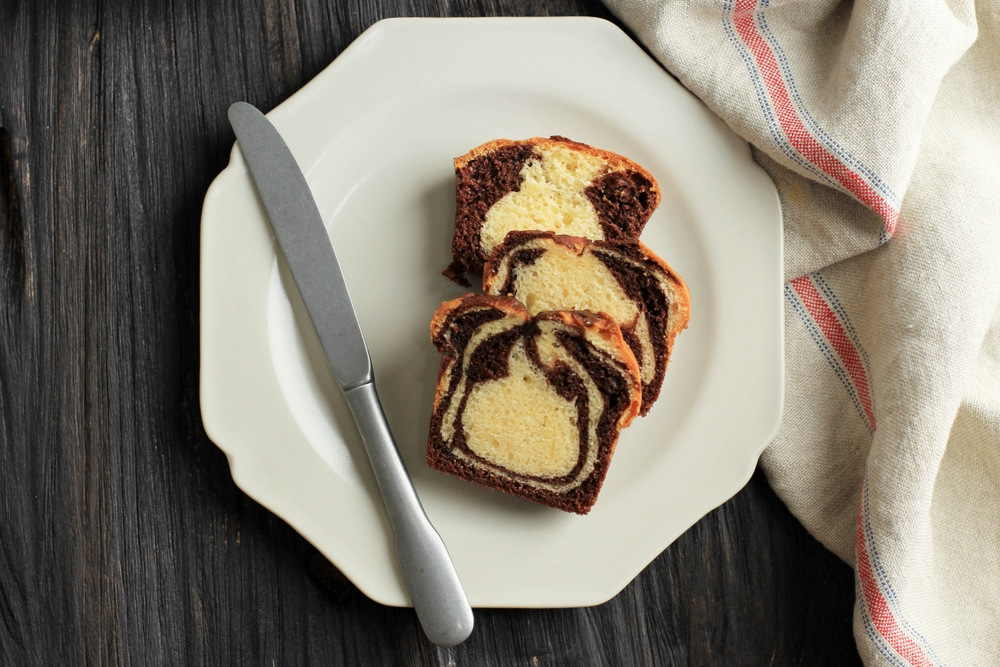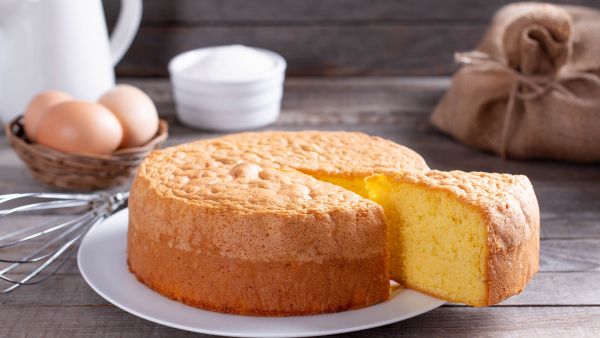ALBAWABA - Have you ever considered using your spent tea leaves or coffee grounds for something other than throwing them away?
A recent study conducted by King Faisal University in Saudi Arabia found that by incorporating used coffee grounds or tea leaves into cake recipes, the nutritional value of the baked goods can be enhanced, providing additional health benefits to consumers.
Tea and coffee are two of the most popular beverages worldwide, providing individuals with anti-inflammatory, antioxidant, and fiber benefits, as well as other compounds that have cognitive and cardiovascular benefits. Unfortunately, a large portion of these drinks is typically wasted, with around 90 percent of tea and coffee products being thrown into landfills.

Shutterstock
Scientists have recently been experimenting with different ways to utilize this waste. For example, adding charred coffee grounds to cement was found to increase the material's strength by 30 percent. Researchers have also looked into using tea and coffee waste to supplement food, such as adding spent coffee grounds to gluten-free cookies to enhance their nutritional value.
A 2023 study even added green tea to cupcakes to examine whether the flavonoids in the leaves persisted after being baked in the oven, as flavonoids are important plant compounds with potential anticancer, antioxidant, anti-inflammatory, and antiviral properties.

The latest research builds on the previous studies and investigates if spent tea and coffee can retain its antioxidants after boiling and grinding, and whether that material can be recycled to enhance the nutritional value and shelf life of cakes.
Researchers found that black tea and Arabic coffee grounds retained high percentages of their phenolic compounds after being soaked in boiling water for 10 minutes. The compounds include flavonoids, such as 73% of theaflavin trigallate in the tea powder, and nearly 64% of 1-caffeoylquinic acid in the coffee grounds, both of which are potent antioxidants with various health benefits.
The antioxidants even persisted in the final baked product, contributing to additional health benefits for consumers. By using spent tea leaves or coffee grounds in baking, households can easily reduce their carbon footprint while also enhancing the nutritional value of their food.









